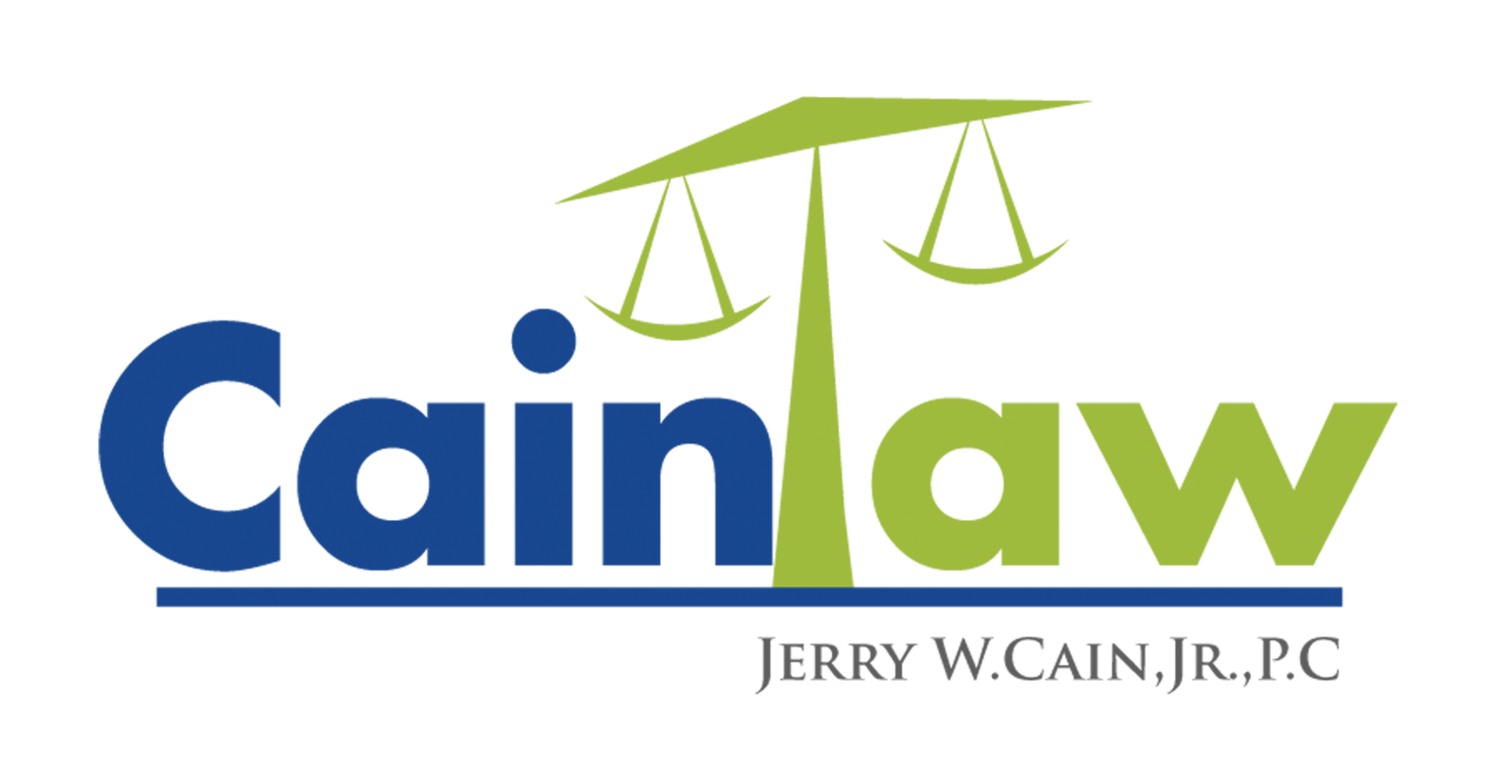Georgia law very clearly requires all employer that are subject to the Workers' Compensation Act to obtain and maintain workers' compensation insurance. Failing to maintain workers' compensation insurance could result in civil penalties or even a criminal conviction, so obtaining coverage is important.
Sometime, however, employers think that they are not required to maintain workers' compensation insurance, and they are then confronted with a workers' compensation claim. If that happens, you will need representation. This firm has successfully defended or resolved claims for uninsured employers on a number of occasions. We would be happy to help you navigate the claim and help you find the most cost-effective solution to your workers' compensation problem.
If you have three or more employees regularly in service within the state of Georgia, you are most likely "subject to the Act" and are required to have workers' compensation insurance. Some types of laborers are not considered "employees" under the Workers' Compensation Act, including, but not limited to:
- Farm Laborers
- Domestic Servants
- Railroad Workers
- Gratuitous Workers
- Subcontractors
- Applicants
- Casual Employees
Of course if a person fits into one of these excluded categories, that person can still sue your business in a workers' compensation claim, and you will need to defend the claim. Although the Claimant will have the burden of proof, your best chance at success is presenting evidence that the Claimant should not be considered an "employee."
HAVE YOU RECEIVED A HEARING NOTICE?
If you receive a hearing notice from the State Board of Workers' Compensation, Board Rule 102(B)(2) requires a party to provide notice to the Board of its intent to obtain legal representation and the name of the attorney within 21 days from the date of the hearing notice. The law does not require you to hire an attorney, but if you don't, you will almost certainly lose the case. Once that happens, your bank accounts can be garnished to satisfy the judgment, and you may be required to pay the injured worker wage replacement benefits and medical benefits for a long time (in most cases, up to 400 weeks, and sometimes even longer).
If you receive a hearing notice or any written communication from a Plaintiff's lawyer, that is the time to hire a lawyer. If you decide to hire a lawyer, do it before you speak with the other attorney about any aspect of your claim.
